Coincall Exchange Feature Comparison Tool
Regulatory Licenses
Polish crypto license, FinCEN MSB registration
Custody Model
Third-party custodians (Fireblocks, Cobo, Copper)
Asset Offerings
BTC, ETH (options & futures)
Capital Efficiency Programs
Earn While You Trade, VIP, Early Bird
Security Certifications
ISO 27001, SOC 2, custodial SOC 2
Detailed Feature Comparison Table
| Feature | Coincall | Binance Futures | Deribit |
|---|---|---|---|
| Regulatory licenses | Polish crypto license, FinCEN MSB | None (serves globally without specific registration) | None (focus on crypto-only jurisdictions) |
| Custody model | Third-party custodians (Fireblocks, Cobo, Copper) | Self-custody (hot wallet) | Hybrid (cold + hot) |
| Assets offered | BTC, ETH (options & futures) | Multiple altcoins (futures, perpetuals) | BTC, ETH, SOL, and others (options & futures) |
| Capital-efficiency programs | Earn While You Trade, VIP, Early Bird | Limited (staking rewards only) | Margin-based, no yield on idle capital |
| Security certifications | ISO 27001, SOC 2, custodial SOC 2 | Standard exchange security (no public SOC) | ISO 27001 compliance |
Key Insights
Coincall stands out for its strong regulatory compliance and capital-efficiency features, especially compared to Binance Futures and Deribit. Its third-party custody model ensures fund safety, while its yield-generating programs maximize capital utilization.
Institutional Focus
Coincall's regulatory licenses and custodial setup make it suitable for institutional investors seeking compliance and security.
Retail Accessibility
The platform provides a user-friendly interface that allows retail traders to engage with crypto options without needing complex APIs.
Looking for a crypto derivatives platform that blends institutional‑grade security with a retail‑friendly interface? This review breaks down what Coincall is, how its team and technology stack work, and whether it lives up to the hype for traders of all sizes.
What is Coincall?
Coincall is a cryptocurrency derivatives exchange that focuses on options and futures contracts for major assets like Bitcoin and Ethereum. Launched by a group of veterans from Binance, JPMorgan, Optiver and UBS, the platform markets itself as a bridge between retail traders and the institutional world, promising low fees, high‑speed execution, and a suite of capital‑efficiency tools.
Team and Leadership
The face of the company is CEO Jimmy Zhong. Before founding Coincall, Zhong led a crypto trading desk that managed over $300million in assets and topped Binance’s global profit‑and‑loss leaderboard in 2020 and 2021. His team’s background in market‑making and risk management gives the exchange a credibility edge that many newer platforms lack.
Regulatory Footprint
Compliance is a core pillar for Coincall. The exchange holds a Polish crypto registration license, which grants it legitimacy across the European Union. In the United States, Coincall is registered with the Financial Crimes Enforcement Network (FinCEN) as a Money Services Business (MSB), allowing it to serve U.S. customers under the CFTC’s Foreign Board of Trade (FBOT) framework. These registrations mean the platform must adhere to rigorous AML/KYC standards, retain user data for five years after account closure, and provide transparent reporting to regulators.
Security Architecture
When it comes to safeguarding funds, Coincall takes a custodial‑first approach. All user assets are stored with third‑party custodians rather than on‑chain with the exchange. The primary custodial partners are Fireblocks and Cobo, both of which maintain SOC2 Type1 and Type2 certifications. Additional relationships with Copper and Clearloop add redundancy and multi‑layer protection.
Coincall itself is ISO27001 and SOC2 certified, employs two‑factor authentication (2FA) for all logins and withdrawals, and keeps the bulk of assets in cold storage. Encryption is applied to data in transit and at rest, and access to personal information is restricted to employees with a legitimate business need.
Trading Products and Instruments
The exchange offers both options and futures contracts on Bitcoin (BTC) and Ethereum (ETH). Options are available with a range of strike prices and expiries, allowing traders to hedge or speculate with defined risk. Futures contracts are settled in the underlying crypto, providing direct exposure without the need for perpetual funding rates.
Fee Structure & Capital‑Efficiency Tools
Coincall advertises a competitive fee schedule, though exact maker/taker rates are not publicly disclosed. What sets it apart are three built‑in programs designed to boost capital utilization:
- Earn While You Trade (EWYT): Idle balance automatically earns yield, turning unused capital into a revenue stream.
- VIP Program: High‑volume traders receive reduced fees, priority support, and customized execution solutions.
- Early Bird Program: Early adopters get free options contracts, lower fees, and priority access to new products.
These features aim to address a common pain point for institutional portfolios-capital sitting idle when not actively deployed.
User Experience and Support
The UI balances simplicity with depth. Newcomers can place a trade in a few clicks, while power users can dive into advanced order types, risk analytics, and real‑time volatility charts. Customer support is tiered: standard users receive email help, while VIP members access a dedicated account manager and faster response times. Documentation is comprehensive, covering everything from onboarding to API integration, but public data on support response metrics is limited.
Pros and Cons
- Pros
- Institutional‑grade regulatory licenses (Polish, FinCEN)
- Robust third‑party custody (Fireblocks, Cobo, Copper)
- Capital‑efficiency programs that generate yield on idle funds
- Team with proven track record on major exchanges
- Clear focus on options and futures, a niche often missing on retail‑oriented platforms
- Cons
- Fees are not transparent; traders must request a detailed schedule
- Limited crypto asset list (only BTC and ETH currently)
- Support quality data is scarce, making it hard to gauge reliability for non‑VIP users
- Platform is newer compared to giants like Deribit or Binance Futures, so liquidity may be lower on exotic strikes
Who Should Use Coincall?
If you are an institutional trader seeking a compliant venue with segregated custody and tools that keep capital productive, Coincall checks most boxes. Retail traders who want exposure to crypto options without navigating a complex API can also benefit from the intuitive UI and lower entry barriers.
Conversely, users looking for a broad selection of altcoins or fully transparent fee tables may prefer more established platforms. As the derivatives market continues to grow in 2025, Coincall’s regulatory and security posture could make it a go‑to venue for firms that value compliance as much as performance.
Quick Comparison with Other Derivatives Exchanges
| Feature | Coincall | Binance Futures | Deribit |
|---|---|---|---|
| Regulatory licenses | Polish crypto license, FinCEN MSB | None (serves globally without specific registration) | None (focus on crypto‑only jurisdictions) |
| Custody model | Third‑party custodians (Fireblocks, Cobo, Copper) | Self‑custody (hot wallet) | Hybrid (cold + hot) |
| Assets offered | BTC, ETH (options & futures) | Multiple altcoins (futures, perpetuals) | BTC, ETH, SOL, and others (options & futures) |
| Capital‑efficiency programs | Earn While You Trade, VIP, Early Bird | Limited (staking rewards only) | Margin‑based, no yield on idle capital |
| Security certifications | ISO27001, SOC2, custodial SOC2 | Standard exchange security (no public SOC) | ISO27001 compliance |
Final Thoughts
In a market where institutional adoption is accelerating, Coincall review shows a platform built to meet the three pillars of compliance, security, and capital efficiency. Its narrow asset focus may limit some traders, but for those prioritizing regulated environments and yield‑on‑idle‑capital features, it offers a compelling alternative to the larger, less‑regulated venues.
Frequently Asked Questions
Is Coincall safe for storing my crypto?
Yes. Coincall stores 100% of user assets with third‑party custodians like Fireblocks and Cobo, both holding SOC2 certifications. The exchange itself is ISO27001 and SOC2 certified, and the majority of funds sit in cold storage.
Can I trade Bitcoin options on Coincall?
Absolutely. Coincall offers Bitcoin and Ethereum options with multiple strike prices and expiries, allowing you to hedge or speculate with defined risk.
What fees does Coincall charge?
Exact maker and taker rates are not publicly listed. The platform promotes a competitive fee model, and high‑volume traders can access reduced fees through the VIP program.
Is Coincall regulated in the US?
Coincall is registered with FinCEN as a Money Services Business, which enables it to serve U.S. customers under the CFTC’s FBOT framework.
How does the Earn While You Trade program work?
Idle capital in your account automatically earns a yield sourced from the platform’s internal liquidity pools, allowing you to generate returns even when you’re not actively trading.


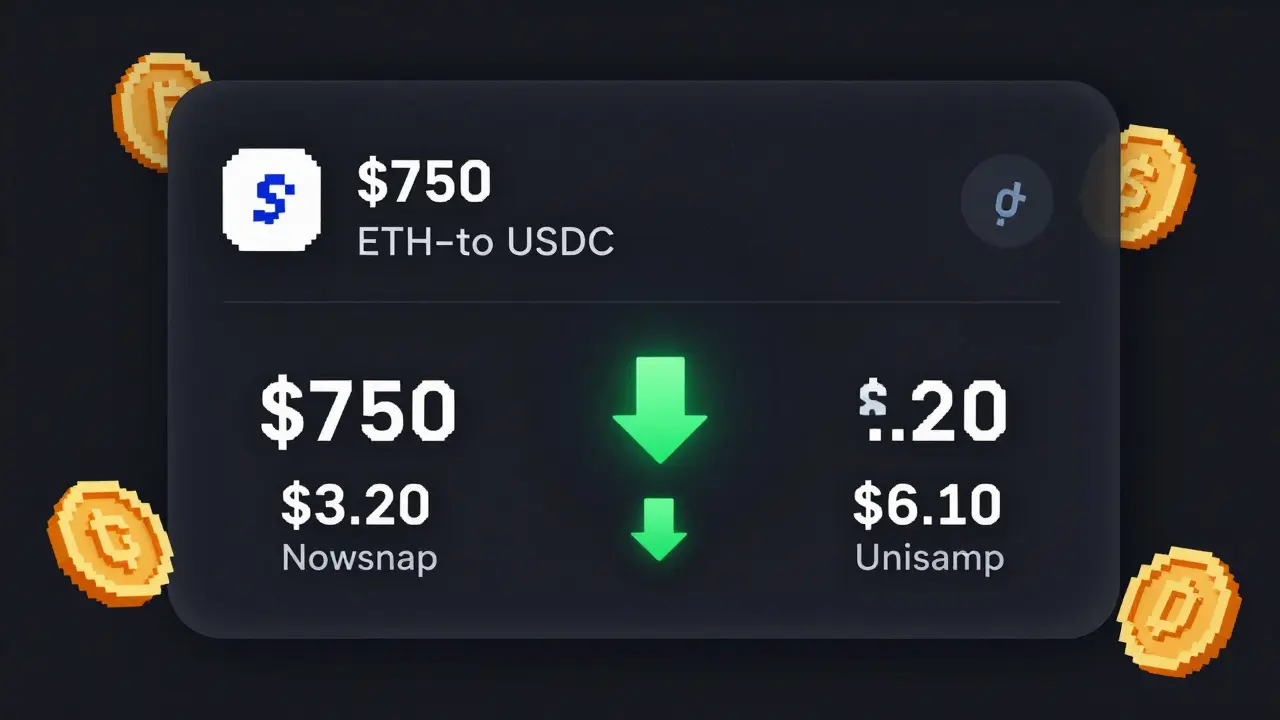
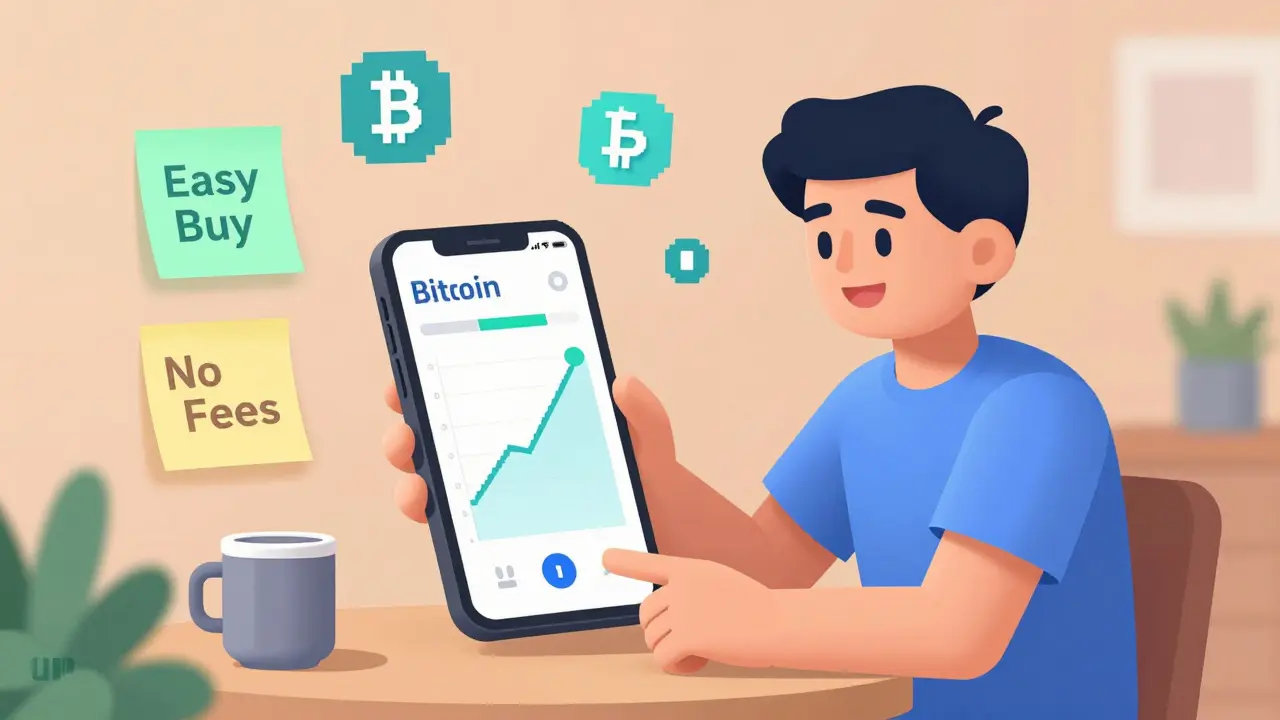
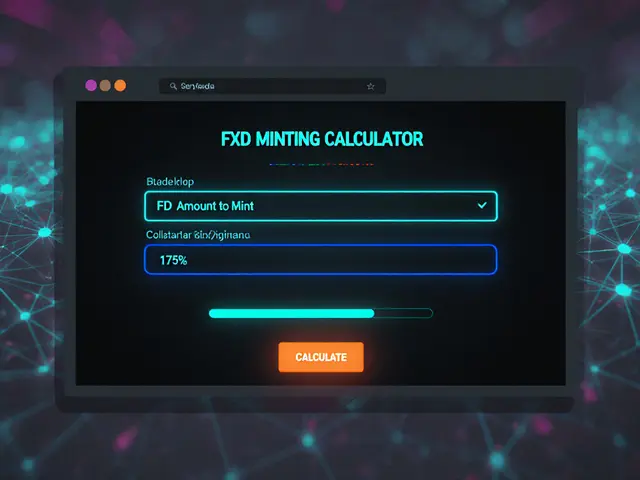
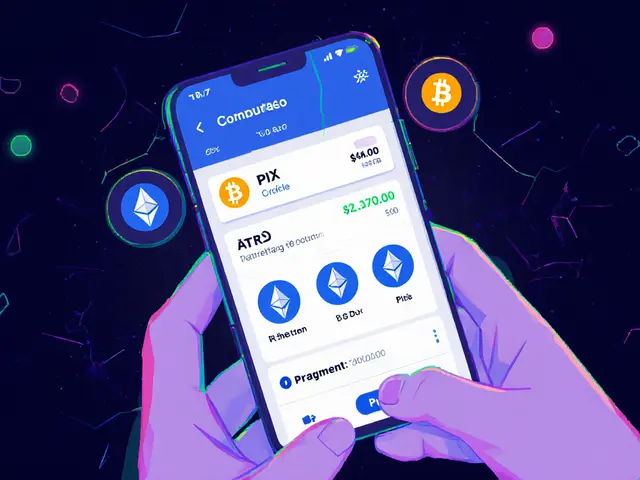
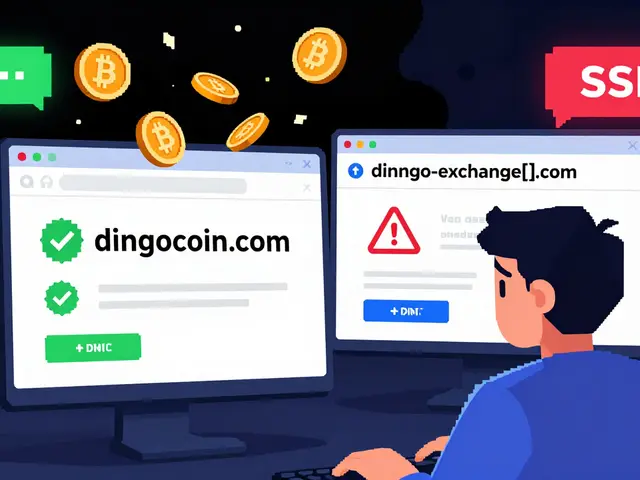
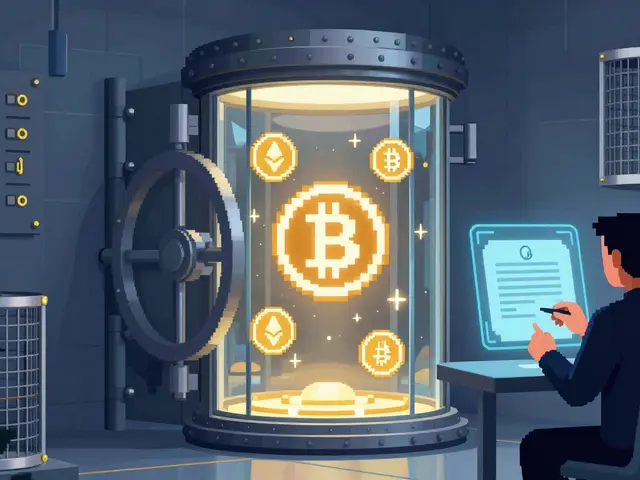
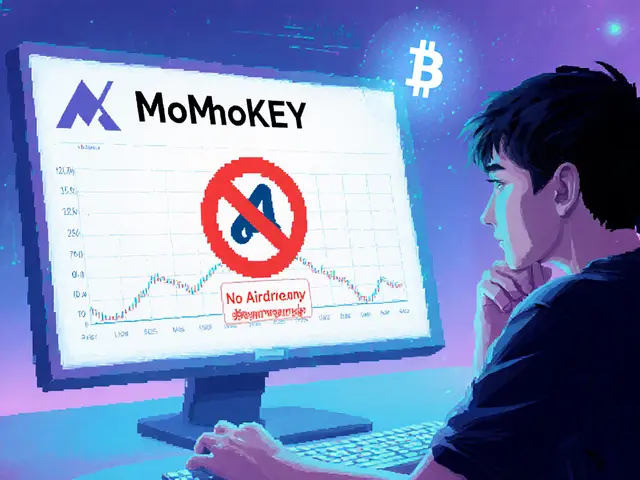
Caleb Shepherd
October 7, 2025 AT 08:22Alright, let’s break this down: Coincall’s Polish license isn’t just a piece of paper, it’s a real regulatory shield that most offshore outfits lack. The FinCEN MSB registration adds a layer of AML oversight that keeps the bad actors at bay, or at least makes it harder for them to hide. Their third‑party custody with Fireblocks and Cobo is a solid move – you’re not trusting a single hot wallet. Plus, those capital‑efficiency programs actually turn idle balances into a revenue stream, which is pretty clever. Just keep an eye on the liquidity on exotic strikes; it can get thin fast.
Monafo Janssen
October 9, 2025 AT 15:56Coincall does a great job mixing institutional safety with a UI that feels like a regular trading app. The ISO27001 and SOC2 certifications show they take security seriously. It’s a nice spot for newbies who want options without the headache of complex APIs.
Michael Phillips
October 11, 2025 AT 23:29The platform’s focus on Bitcoin and Ethereum options reminds us that specialization can be a virtue in a crowded market. By narrowing the asset list they can allocate more resources to compliance and execution quality. Their custodial partners, such as Fireblocks, provide a layer of trust that typical hot‑wallet exchanges lack. The regulatory posture – Polish license plus FinCEN MSB – aligns with a philosophy of responsible innovation. In the long run, that could attract more institutional capital seeking a clear legal framework.
Jason Duke
October 13, 2025 AT 17:09Wow!! Coincall’s Earn While You Trade program is a game‑changer!!! It actually puts your idle crypto to work – no more sleeping assets!!! The VIP tier seems generous for high‑volume traders, and the Early Bird perks are pretty sweet!!! All of this makes the platform feel both professional and exciting!!!
Franceska Willis
October 15, 2025 AT 10:49Ths is awsm.
EDWARD SAKTI PUTRA
October 16, 2025 AT 20:09Security-wise, having assets stored with Fireblocks and Cobo is reassuring, especially with their SOC2 certifications. The cold‑storage approach further reduces exposure to hacks.
Ritu Srivastava
October 17, 2025 AT 23:56While Coincall boasts impressive compliance, the lack of transparency on fee structures is troubling. Traders deserve clear pricing before committing capital. Moreover, limiting offerings to only BTC and ETH may alienate a broader audience. Institutional investors often look for diverse exposure, and this narrow focus could be a deal‑breaker.
Liam Wells
October 19, 2025 AT 03:42In an era where regulatory arbitrage is commonplace, Coincall’s insistence on a Polish license and FinCEN registration is commendable yet perhaps overly cautious. The reliance on third‑party custodians introduces an additional trust vector, which, while audited, remains a single point of failure should any partner experience a breach. Furthermore, the platform’s limited asset suite could impede market depth, especially on less liquid strike prices. One must also consider the operational overhead of maintaining such compliance frameworks, which may be reflected indirectly in hidden costs.
Nicholas Kulick
October 20, 2025 AT 01:56Coincall’s ISO27001 and SOC2 certifications indicate solid security practices. Their fee model is competitive for high‑volume traders.
Jasmine Kate
October 21, 2025 AT 00:09Honestly, the platform feels like a drama series with all those “Early Bird” perks. It’s flashy, but you’ve got to wonder if the hype matches actual liquidity. Still, the UI is slick enough to keep you scrolling.
Mark Fewster
October 21, 2025 AT 16:49Security certifications are great; they show a commitment to standards. The two‑factor authentication adds another layer, which is essential these days.
Dawn van der Helm
October 22, 2025 AT 09:29I appreciate the balanced approach Coincall takes, blending compliance with a user‑friendly interface. 🌟 It could be a solid bridge for community traders stepping into derivatives.
Jason Wuchenich
October 22, 2025 AT 23:22For anyone on the fence, the platform’s support tiers mean you won’t be left in the dark if you’re a VIP. It’s a nice safety net for newcomers.
Matthew Laird
October 23, 2025 AT 13:16That short note is cute, but let’s be real – without clear fee disclosures, it’s a gamble. Transparency should be a non‑negotiable.
Moses Yeo
October 24, 2025 AT 03:09Contrary to popular belief, regulatory licenses don’t automatically guarantee safety; they merely set a baseline. One must still evaluate the actual implementation of AML/KYC processes. Moreover, the reliance on third‑party custodians could introduce systemic risk if those providers falter. In short, due diligence remains paramount.
Ken Pritchard
October 24, 2025 AT 17:02Great points all around. If anyone needs a quick rundown, feel free to ask.
Caitlin Eliason
October 25, 2025 AT 04:09While the compliance is impressive, the platform’s limited asset range feels like a half‑baked promise. 🎭 Still, the security posture is undeniable.
Melanie LeBlanc
October 25, 2025 AT 15:16Love the community vibe here! The balanced tone makes the discussion feel welcoming. 🌈
Don Price
October 26, 2025 AT 04:09Let me unpack this a bit, because there’s a lot to consider when evaluating a platform like Coincall. First, the regulatory landscape is not just a checkbox; it’s a living framework that evolves with geopolitical shifts and technological advances. The Polish crypto license, while respectable, still operates under EU directives that can be subject to rapid reinterpretation, especially in the wake of new AML directives that some argue are overreaching.
Secondly, the reliance on third‑party custodians such as Fireblocks and Cobo introduces a third layer of trust that must be audited not just annually but continuously. Even with SOC 2 and ISO 27001 certifications, there is always the residual risk of a supply‑chain attack, which malicious actors have demonstrated can breach even the most vetted systems.
Third, the capital‑efficiency programs sound promising, but the actual yield they generate is often a function of market volatility and liquidity – variables that can swing wildly in a bear market. It’s essential to model worst‑case scenarios where idle capital earns negligible returns, thereby negating the purported advantage.
Furthermore, the platform’s narrow asset focus (BTC and ETH) limits diversification, which is a cornerstone of risk management for institutions. The absence of altcoin exposure could be a strategic choice, yet it also signals a missed opportunity for capturing alpha in emerging token ecosystems.
On the user experience front, the UI is indeed slick, but slickness does not replace rigorous back‑office compliance checks. The documentation may be comprehensive, but the real test is the speed and thoroughness of the support team when confronted with a complex KYC dispute.
Liquidity is another concern: while the platform positions itself as institutional‑grade, depth on exotic strikes can be thin, leading to slippage that erodes profits. Market makers may be present, but without transparent order‑book data, traders are left guessing.
Security-wise, the cold‑storage ratio is commendable, yet even cold wallets are not impervious to insider threats or sophisticated physical attacks. Multi‑sig schemes mitigate this risk, but they also introduce operational complexity that may affect withdrawal times.
Finally, the lack of transparent fee schedules is a red flag. Hidden fees can manifest as higher spreads, withdrawal fees, or even inactivity charges that chip away at returns over time. Institutions need full cost visibility before committing capital.
In summary, Coincall presents a mixed bag: strong regulatory compliance and security posture on one hand, but limited asset diversity, opaque fee structures, and potential liquidity constraints on the other. Due diligence, thorough scenario analysis, and a clear understanding of the platform’s risk‑reward profile are essential before making a strategic commitment.
Bryan Alexander
October 26, 2025 AT 15:16Even with the concerns, the Earn While You Trade program does add a nice safety net for idle balances. It’s an encouraging sign that the platform thinks about capital utilization. Keep an eye on the actual yields, though.
Patrick Gullion
October 26, 2025 AT 23:36Sure, the platform looks polished, but I’d love to see more transparency on how they calculate fees. Without that, it feels a bit like a smoke‑and‑mirrors show.
Jack Stiles
October 27, 2025 AT 07:56i think itz a good place 4 new traders, but the limitd coin selection could b a problem. also, fee info should be clearer.
Mark Bosky
October 27, 2025 AT 16:16The ISO 27001 and SOC 2 certifications indicate a robust security framework. It would be beneficial for the platform to publish detailed fee schedules for full transparency.